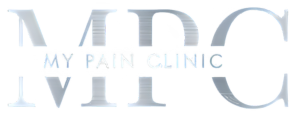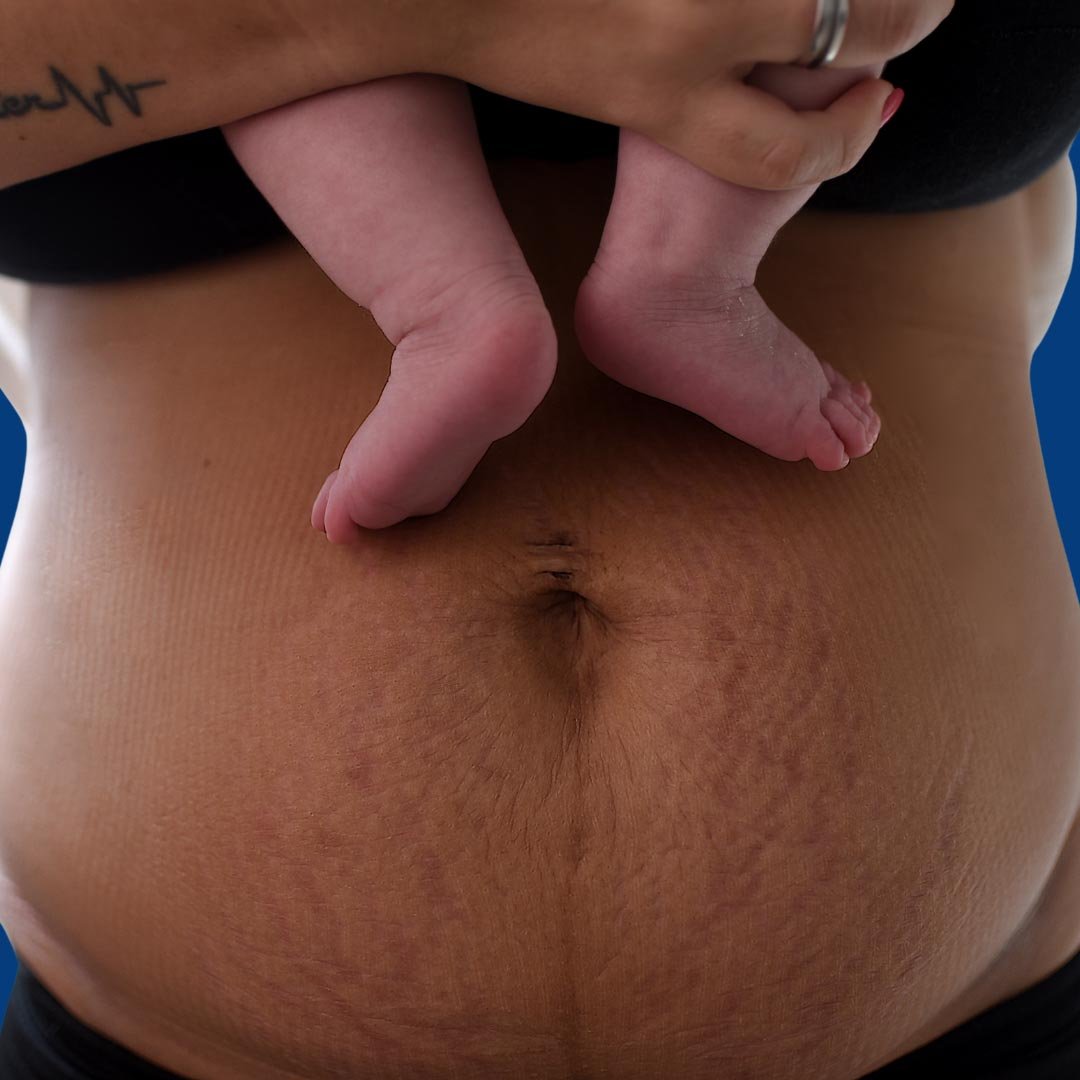Postnatal care focuses on monitoring physical recovery and emotional wellness after childbirth. It includes postpartum checkups, breastfeeding support, wound care, and pelvic floor exercises to manage postpartum recovery
What is Postnatal Physiotherapy?
After childbirth, the body undergoes enormous changes. Whether a woman delivers vaginally or via C-section, physiotherapy can restore strength, correct posture, and heal physical trauma gently and effectively.
Common Postpartum Concerns:
- Diastasis recti (abdominal muscle separation)
- Pelvic floor weakness, urinary incontinence
- Back pain, hip instability
- C-section scar tightness or numbness
- Emotional overwhelm, fatigue, or body image issues
How Physiotherapy Helps:
- Pelvic floor rehabilitation to restore bladder control and sexual health
- Safe core activation to close diastasis and rebuild the core
- Scar mobilization for C-section recovery
- Posture correction and baby-carrying ergonomics
- Support for mental well-being and the emotional transition into motherhood
Postpartum depression
Postpartum depression (PPD) is a common mood disorder experienced after childbirth, involving persistent sadness, anxiety, and difficulty bonding with the baby. Treatment includes counseling, therapy, support groups, and possibly medication.
Breast feeding
Breastfeeding provides essential infant nutrition, supports immune system development, and fosters mother-baby bonding. Common concerns like latch issues or low milk supply can be addressed with lactation consultancy and breastfeeding techniques.
Post delivery diet
A healthy post-delivery diet focuses on nutrient-dense foods, rich in protein, iron, calcium, and essential fatty acids, to support healing, milk production, and energy levels. It includes hydration, fiber-rich meals, and balanced nutrition.
Regain strength and confidence after childbirth with expert physiotherapy care.
Book your personalized postnatal recovery plan today at MY PAIN CLINIC GLOBAL.


